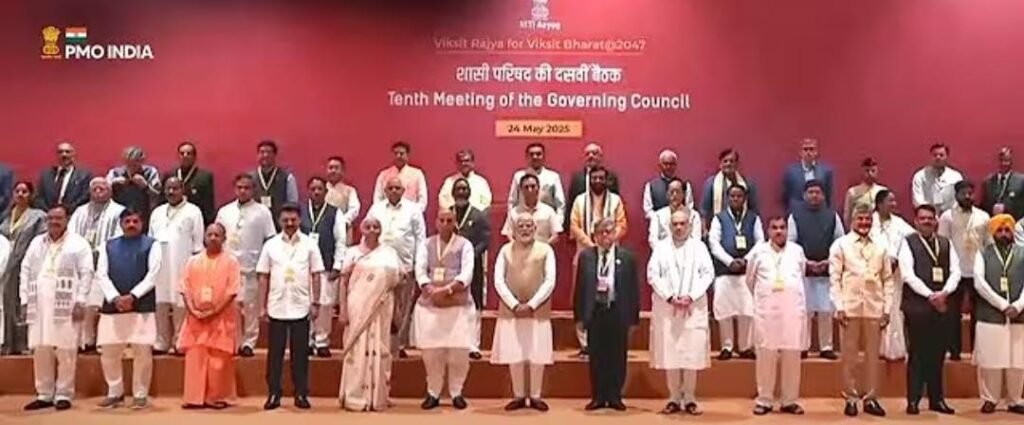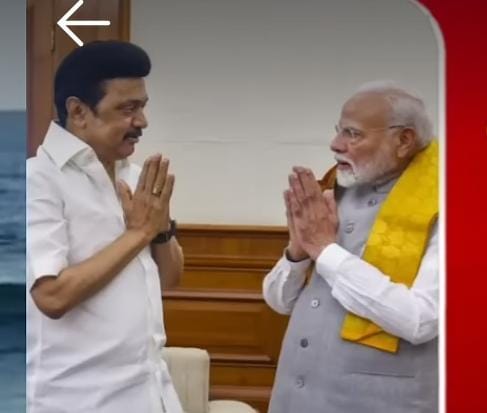NEW DELHI: The long-awaited caste-based census, set to begin with an official notification on June 16, has reignited heated political and constitutional debates—particularly around the contentious issue of delimitation of parliamentary seats. The timing of the move, just months ahead of key state elections and amid the backdrop of rising federal tensions, is being closely watched across the political spectrum.
One of the most prominent reactions came from Tamil Nadu Chief Minister and DMK chief M.K. Stalin, who lashed out at the Modi government, accusing it of deliberately delaying the process. Stalin warned that states like Tamil Nadu—which have successfully implemented population control policies—may now ironically be penalized through a potential reduction in their representation in the Lok Sabha.
“Why should we pay the price for our success in social planning, while others gain more power due to unchecked population growth?” Stalin questioned, hinting at a growing regional imbalance in India’s federal structure.
At the heart of the issue lies the prospect of delimitation, the redrawing of parliamentary constituencies based on updated population data. While the current freeze on delimitation remains in effect until 2026, the release of new caste and sub-caste data is expected to set the stage for intense bargaining over seat redistribution.
Political observers fear that this could sharpen the North-South divide, with southern states potentially losing seats to more populous northern states like Uttar Pradesh and Bihar.
In Bihar, where caste identity has long been central to political strategy, the caste census is expected to play a crucial role in the upcoming assembly elections later this year. Although the enumeration process is likely to be completed only after the formation of a new government, the political narrative around caste is already dominating public discourse. Analysts suggest the new data could significantly benefit the RJD-Congress alliance, as it would reinforce their pitch for proportional representation and affirmative action based on the actual caste composition of the population.
On the other hand, the BJP and its current ally in Bihar, the JD(U), appear to be walking a tightrope. While the JD(U), under Nitish Kumar, was once a strong proponent of caste enumeration, the party’s shifting alliances and political calculus have made its position more ambiguous. The BJP, meanwhile, faces the challenge of balancing its national image of promoting “development for all” with the ground-level realities of caste-based politics in Hindi heartland states.
A senior political analyst summed up the situation, saying, “The caste census is not just a social audit—it’s a political earthquake waiting to happen. It will shape the electoral strategies, alliance formations, and possibly even the structure of Indian democracy in the next decade.”
With political temperatures rising, the June 16 notification is expected to mark only the beginning of a long, contentious chapter in Indian politics—one that will test the resilience of its federal system, the unity of its republic, and the maturity of its democracy.
(Writer is Senior Journalist and Political Commentator)







